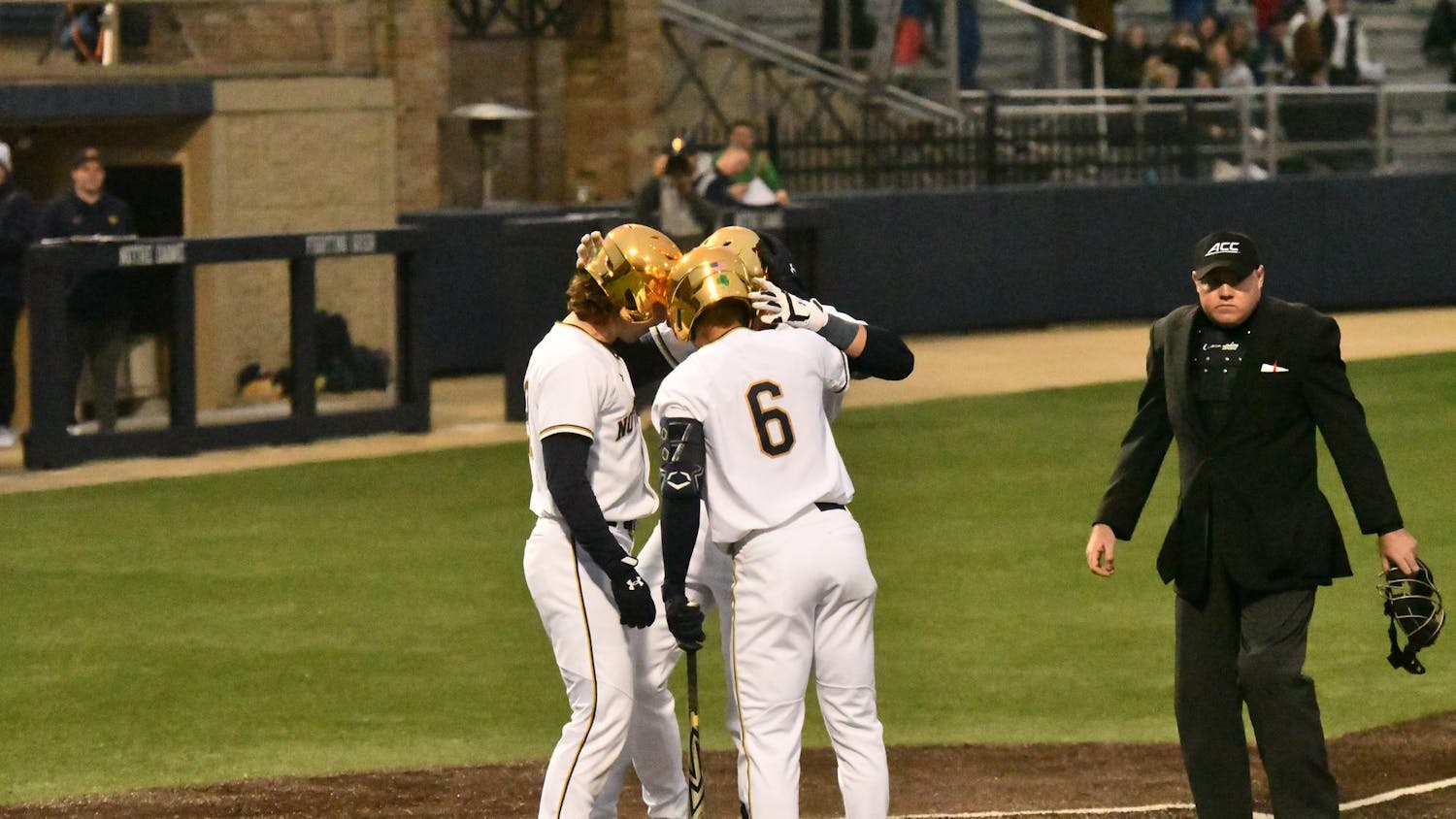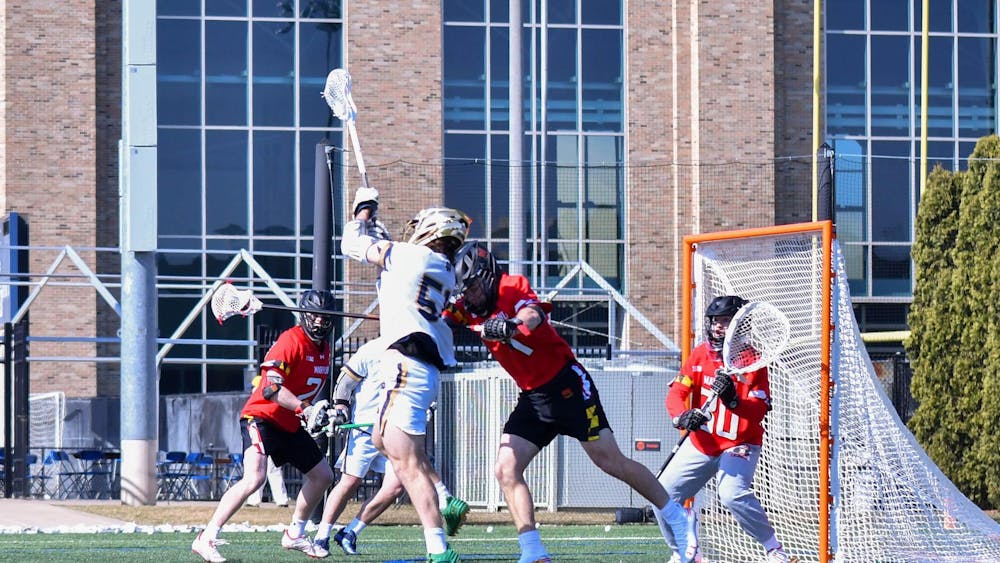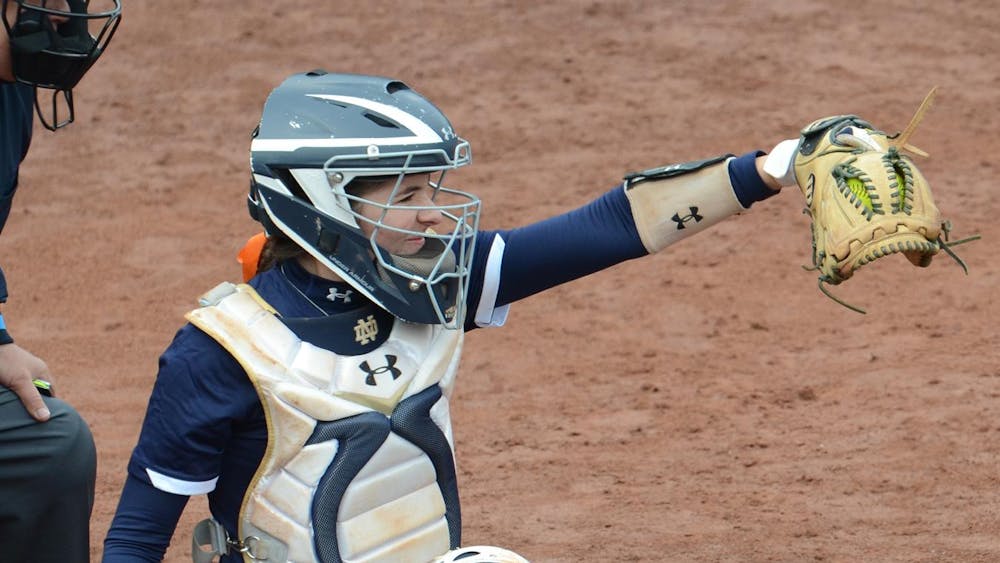Over the last few weeks, a story has blown up the across the sports world: that of high school senior Maori Davenport.
Davenport, the No. 15-ranked basketball recruit in the country, garnered national attention and outrage when she was suspended for her senior season after USA Basketball mistakenly mailed her a check for $857.20 for lost wages after she played for the USA Basketball U18 team, winning a gold medal for her country. Davenport deposited the check, not knowing USA Basketball had failed to check with the state of Alabama, voiding her amateur status. When USA Basketball alerted Davenport to its mistake, she returned the money in full within 24 hours.
But the Alabama High School Athletic Association (AHSAA) declared Davenport ineligible. A simple clerical error took basketball from a student-athlete for over a month. When Davenport appealed her suspension, the AHSAA upheld the decision.
And that’s when things started to get even more interesting. That’s when the heads started to turn.
Davenport’s case caught the attention of everyone from college basketball analyst Jay Bilas to NBA players including Kobe Bryant and Dwayne Wade to WNBA players Sue Bird and Natalie Achonwa to college coaches Dawn Staley and C. Vivian Stringer — Davenport’s future coach at Rutgers — to the WNBA and USA Basketball.
But the outspoken opinions have been universal: Maori Davenport did nothing wrong. She deserves to play. She is being wrongly punished.
I’ve followed the Davenport case with great intrigue as it has unfolded. I stand in agreement with those who have stood by Davenport throughout the process of the appeal. I’m of the opinion that it is just plain wrong to ever take sports away from a kid, especially a case like this where the adults are the ones who did the wrong thing, not the player. It’s an example of bureaucracy going too far.
Now, it’s worth stating that Davenport is currently back on the court at Charles Henderson High School after an Alabama judge filed an emergency motion Jan. 11 when Davenport’s parents filed a lawsuit against the AHSAA and its director, Steve Savarese. But throughout this entire process, Savarese has stuck to his guns, claiming he believes his organization is right and that what was ultimately his personal decision was the correct one.
In a conversation with Bilas after Savarese upheld the appeal, Savarese said he considers the “adults” the responsible ones in the situation. He even goes so far as to blame Davenport’s mother, an assistant basketball coach, for not knowing better than to let Davenport deposit the check. But he admits that ultimately, the responsibility came down to USA Basketball, who made the mistake.
“All USA Basketball had to do was make a phone call,” he told Bilas.
But if Savarese truly believes it is the adults in the situation who are at fault, then why is it a child who is suffering? Why is she receiving the brunt of the punishment, when she is, even in Savarese’s words, not the one who made the mistake?
Davenport was not prescribed a punishment that fit the crime. A season-long suspension does not correspond to an $850 deposited check. Telling a senior in high school she will not have the opportunity to be an All American, lead her team to a state championship or participate in the McDonald’s All American game is, without exaggeration, tragic.
But that’s not why Maori Davenport’s case has captured the sympathy of so many Americans. It’s because, for no good reason, a girl has been told she cannot play the game she loves and excels at. She has been told she cannot play alongside her teammates for one last season.
Maori Davenport is playing on borrowed time at the moment, and she’s making the most of it, with 25 points in her first game back and too many assists and rebounds for the scorer’s table to track. But her case is also representative of what’s wrong with youth sports in the United States. It’s not about the sports or the kids anymore.
Everyone is constantly looking toward the future and the rulebook. Yes, those are both important, of course. But if we aren’t encouraging our young players to play simply out of a love for the game, this is where we end up. And then what are we playing for?













